The Aji Mori Sauce Corp, also known as the Sushi Koo in California, has recalled its “Chillimami Sauce” due to concerns that it may have been contaminated with certain toxins.
According to the U.S. Food and Drug Administration (FDA), the company has issued a voluntary recall for this item. This sauce was distributed in Los Angeles, California. However, it was also sold online through the company’s website.
Chillimami Sauce’s Recall

This voluntary recall occurred because the Chillimami Sauce was both manufactured and distributed without necessary oversight (per Food Safety News). This lack of oversight could have led to potential contamination.
The FDA has officially stated that this item was “manufactured and distributed without the California Department of Public Health (CDPH) Cannery Program oversight, making them just susceptible to contamination with Clostridium botulinum.”
Clostridium Botulinum Contamination

Clostridium botulinum is a bacteria that can grow in low oxygen levels. This bacteria can quickly become the disease botulism.
Botulism is a very severe and deadly disease that occurs after the ingestion of this bacteria. According to Newsweek, this bacteria may have contaminated the Chillimami Sauce that the Aji Mori Sauce Corp, a California-based company, sells.
Concerns Over Botulism
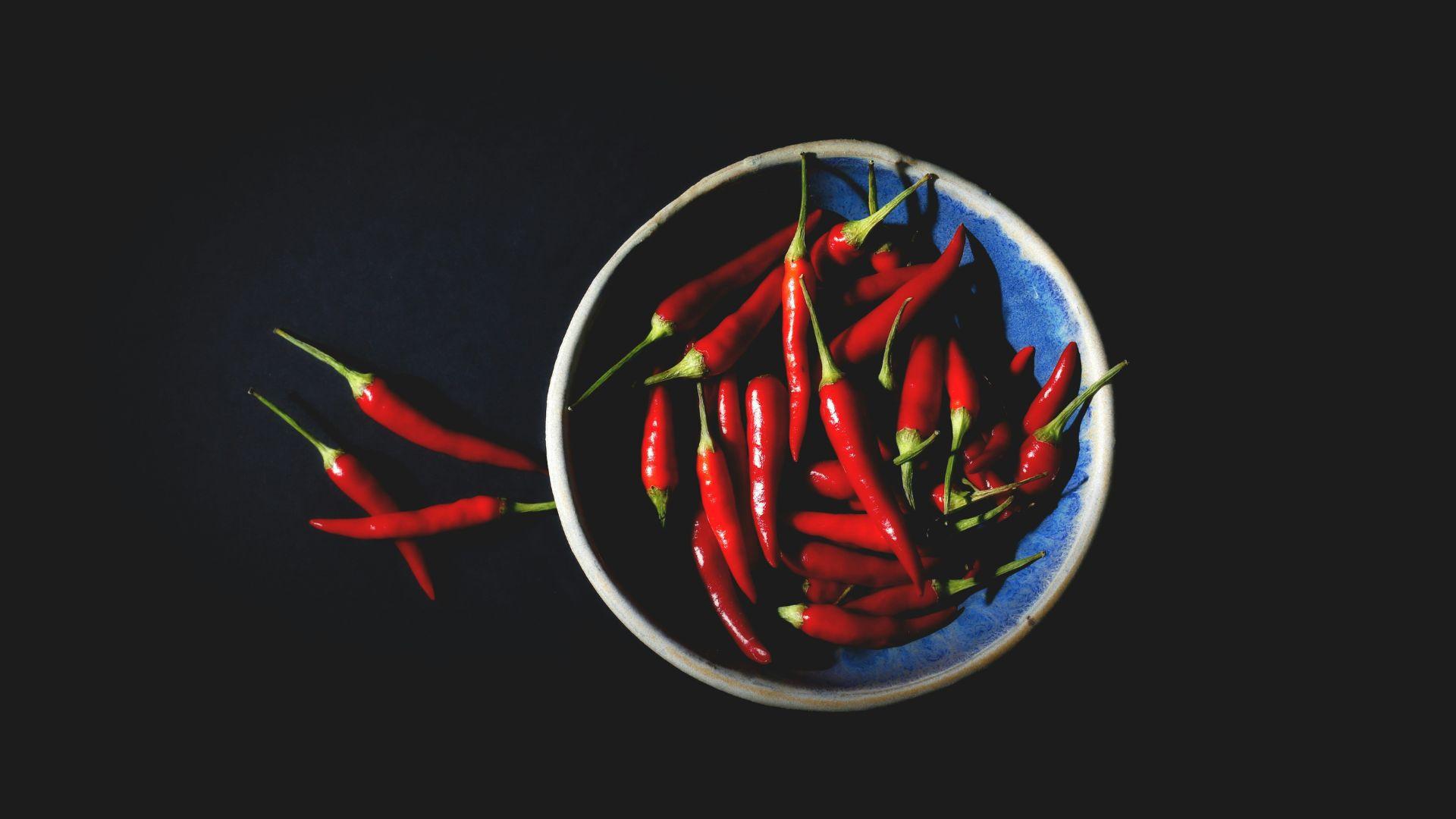
Analysts believe concern over the spread of clostridium botulinum is warranted, as botulism is a deadly disease.
“C. botulinum is responsible for a disease called botulism,” the U.S. Department of Agriculture Food Safety and Inspection Service (FSIS) says. “Botulism is a life-threatening disease caused by the ingestion of a potent neurotoxin produced during growth of the C. botulinum bacteria. This neurotoxin is among the most toxic substances known; even microscopic amounts can cause illness or death.”
How Can a Person Get Botulism?
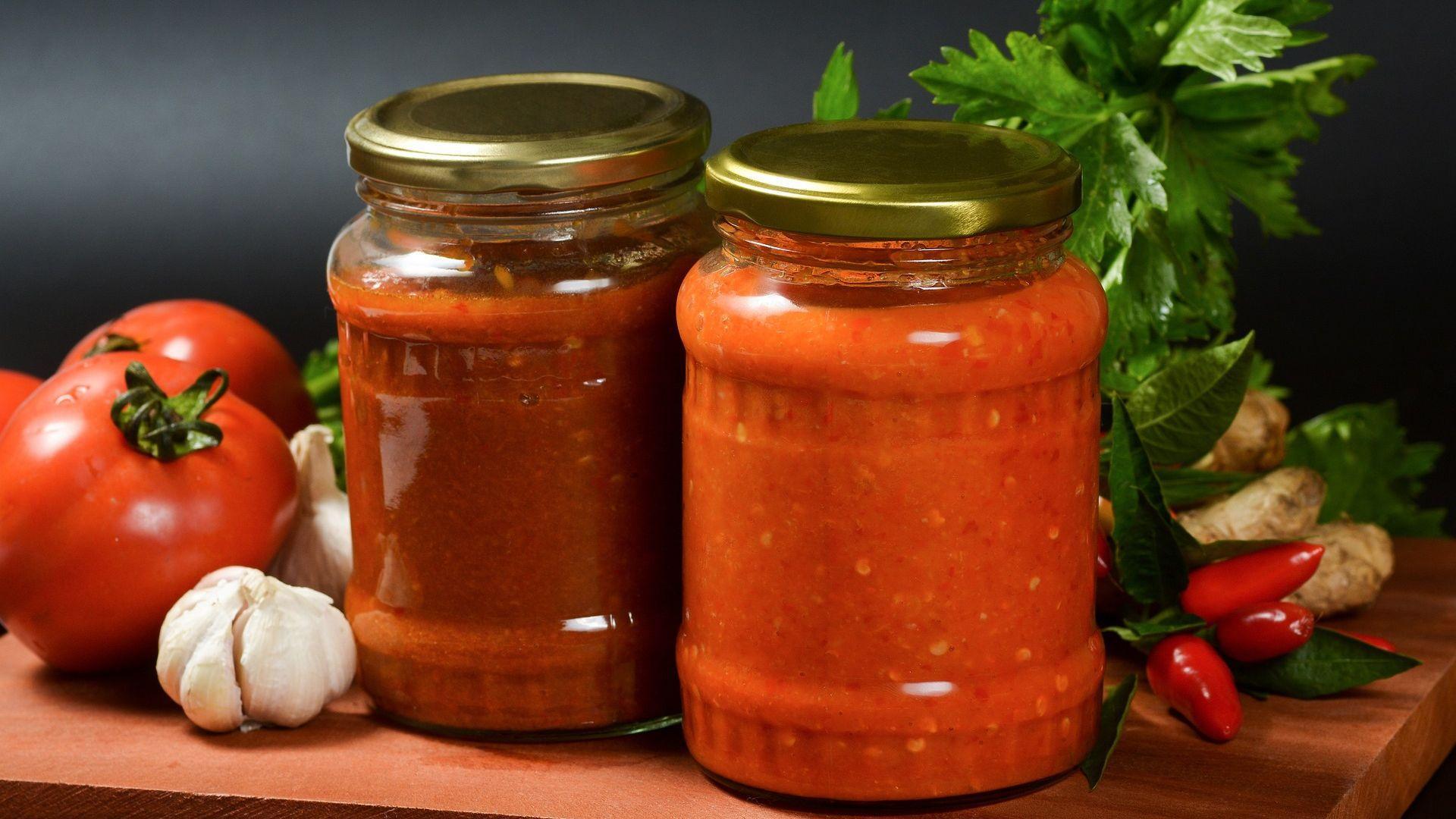
Scientists are still learning more about how a person can get botulism. Previously, many thought that it came from canned foods.
However, now researchers know a lot more about this deadly disease. The FSIS says that “botulism illnesses have been linked to foods such as unrefrigerated homemade salsa, baked potatoes sealed in aluminum foil, honey (the primary cause of botulism in infants), garlic in oil, and traditionally prepared salted or fermented fish.”
The FDA’s Newest Recall
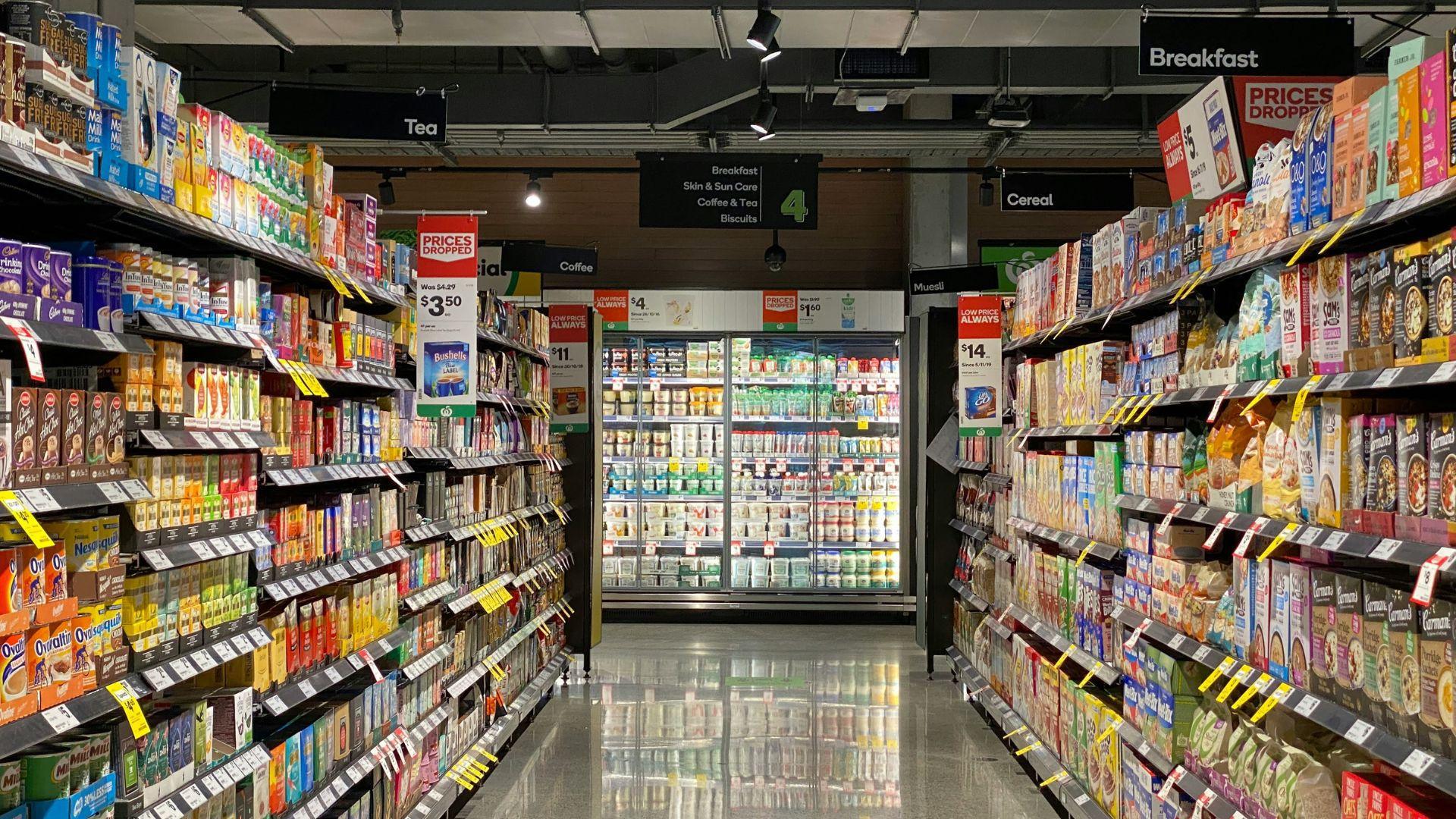
According to the FDA, those who have purchased the Chillimami Sauce can return or dispose of the product and receive a full refund.
The specific sauce item being recalled comes in a clear plastic bottle. It has a nozzle, as well as a black product label. The expiration date is Oct. 1, 2024. Other products from this company have, thus far, not been affected by this potential contamination (per U.S. Recall News).
No Sicknesses Yet

So far, the FDA says there have been no sicknesses reported that could be related to this recalled product.
Symptoms of botulism normally appear about 12 to 36 hours after eating contaminated food. Symptoms of this disease can include nausea and vomiting. As the bacteria and toxins travel through one’s body, more severe symptoms — such as visual impairment and difficulty breathing — may occur.
California Companies and Recalls

Unfortunately, there have been a few different companies located in California that have had to release recalls for their products.
Tropicale Foods, based in Modesto, is just the latest California company that has voluntarily issued recalls for its food.
Ice Cream Recalls

This company has recalled more than 5,000 units of its Helados Mexico Mini Cream Variety Pack. The items recalled have a best-by date of “10/11/2025”.
However, it’s not all the ice cream bars in this pack that could be contaminated. According to the recall notice, only the mango bars attached to the variety pack are at issue, as they could contaminated with salmonella.
Contaminated Ice Cream in the U.S.

Though the company that made this potentially contaminated ice cream is based in California, these products can be found throughout the United States.
Therefore, the recall explicitly mentions the various states where these ice cream packs are sold at. Some locations in Europe may also have these items.
Trader Joe’s Recalls
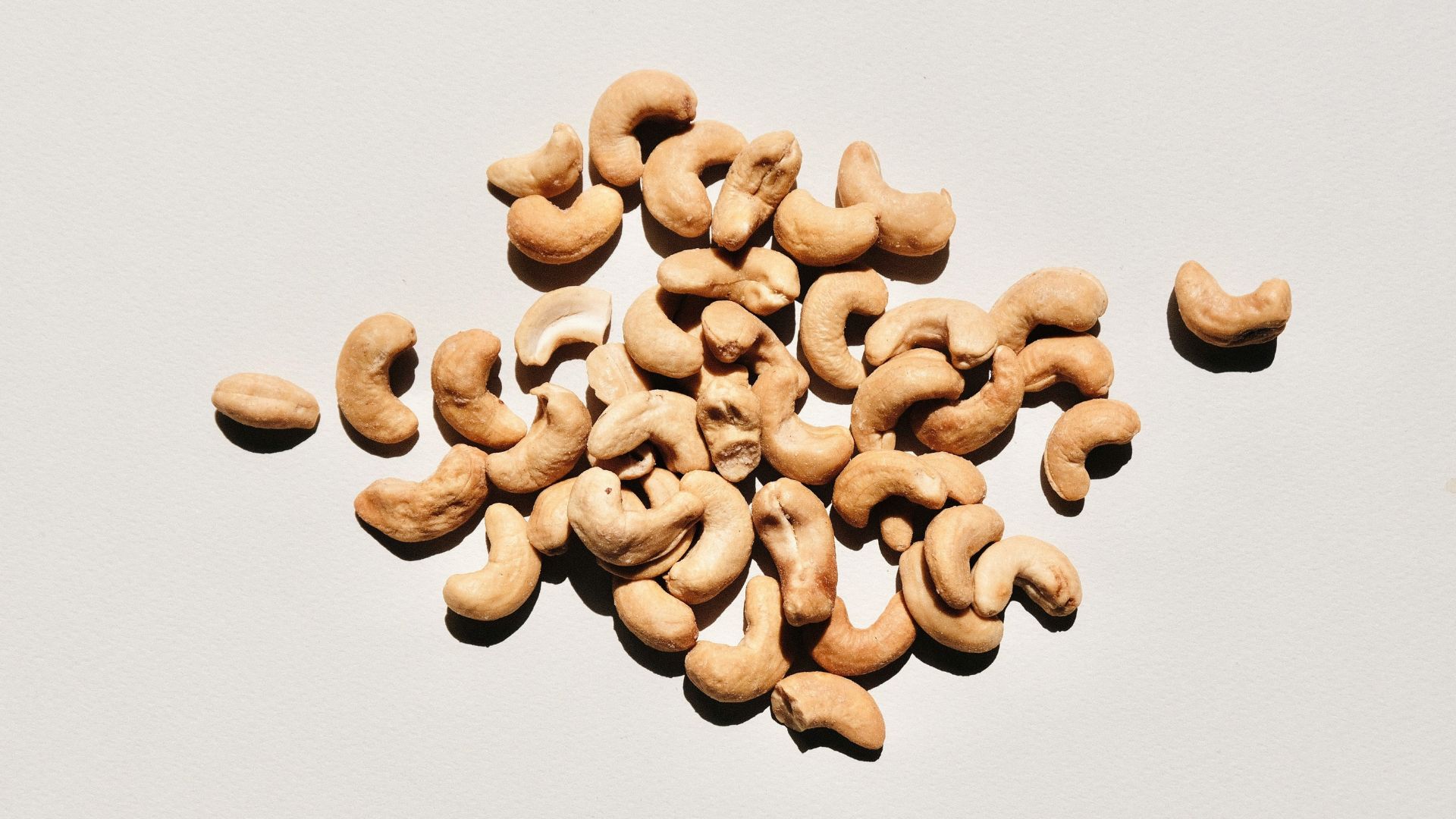
Wnders LLC, which is based in Dublin, California, has also been forced to issue some recall notices recently. The corporation recalled cashews sold by Trader Joe’s.
These whole cashews are potentially contaminated with salmonella. The affected units have the SKU Number 37884.
The Latest Recalls
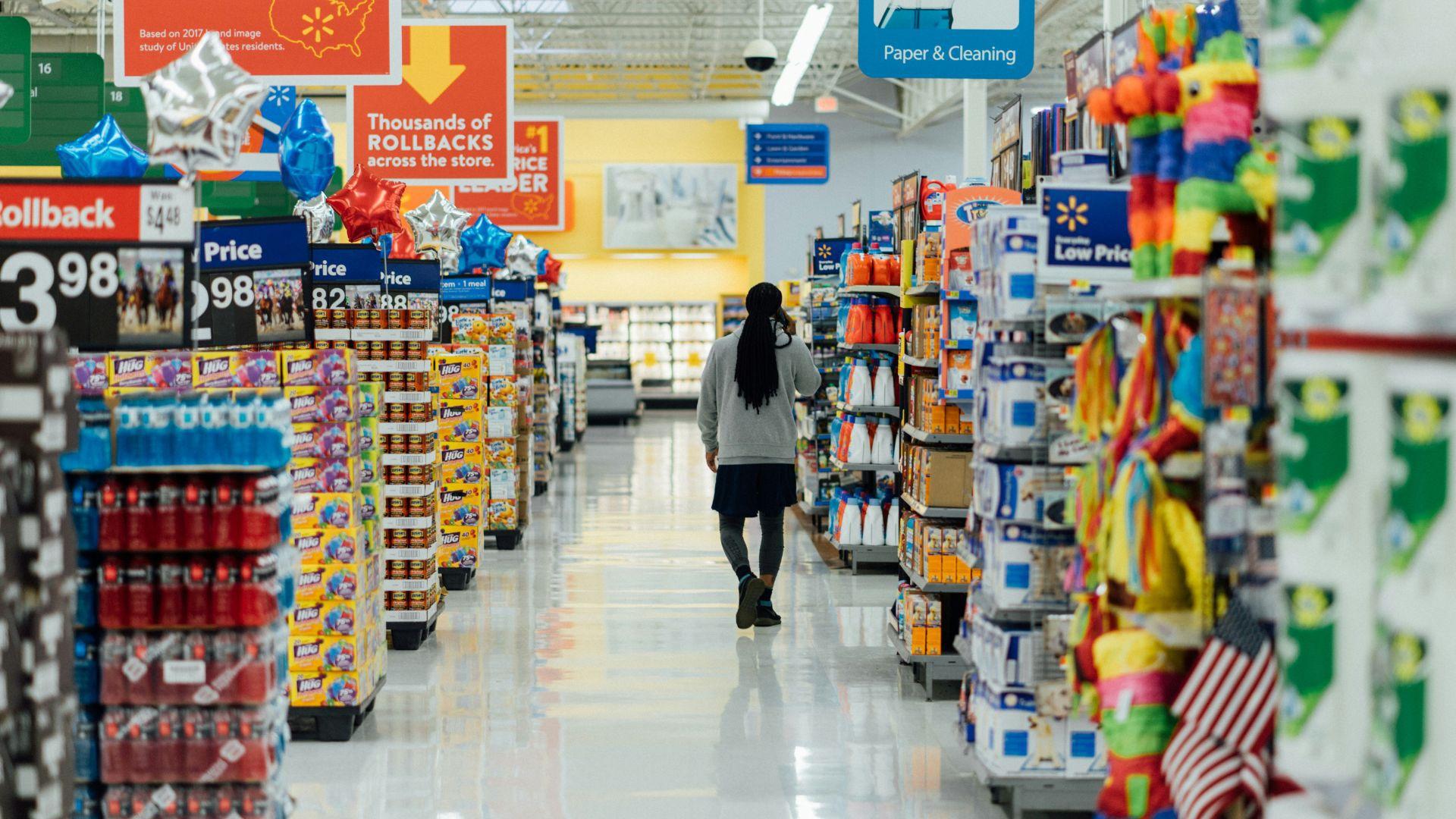
This Chillimami Sauce situation is just the latest recall from the FDA in the past few weeks. The FDA has recently recalled various food items over concerns that they could be contaminated.
These recalls have included everything from potential listeria contamination to worries about salmonella. Some recalls have also included unknown ingredients that could possibly result in allergy risks.
Cinnamon Recalls
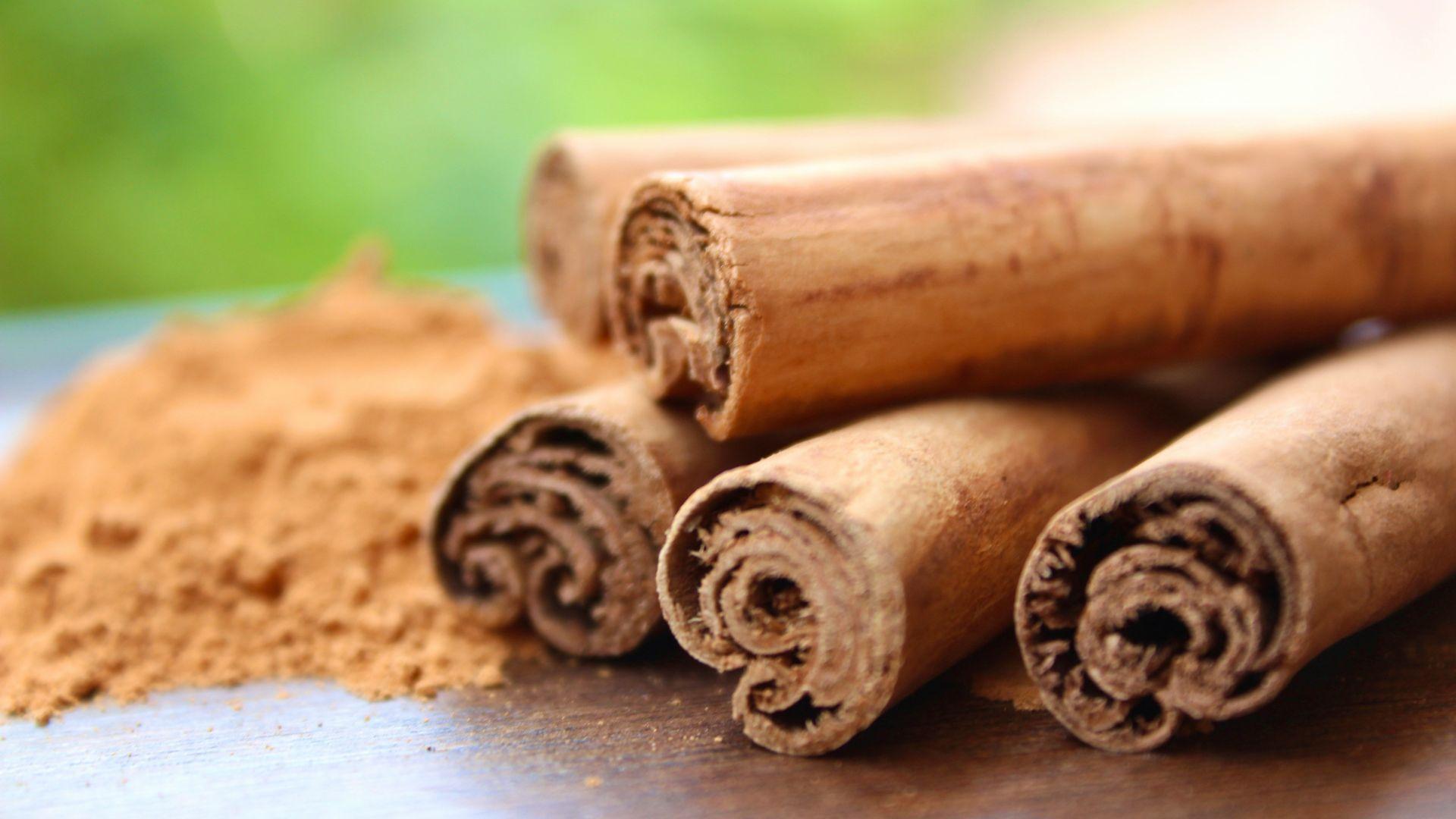
Most recently, the FDA has recalled six different brands of cinnamon, as these products could possibly contain lead. As a result of this recall, much of ground cinnamon sold around the United States has been recalled.
No illnesses have been linked to these cinnamon recalls yet. However, ingesting high amounts of lead can cause brain and nervous system damage, among other symptoms.
Cheese Recalls
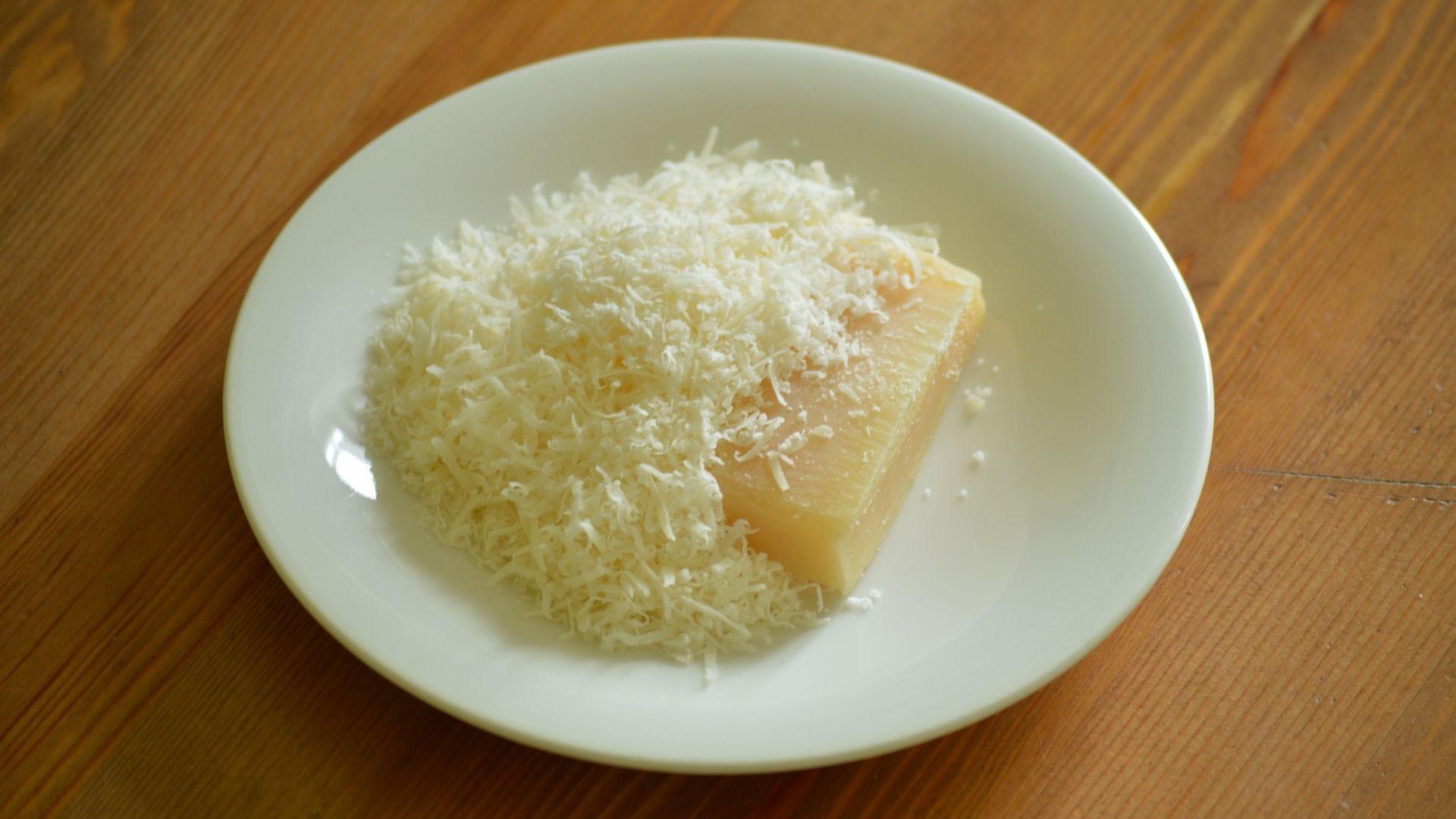
Shredded cheese has also been recalled by the FDA because of worries about listeria contamination, according to NBC News. This recall has, so far, affected 15 different states. The recall is mainly associated with Sargento Foods cheese.
Sargento says they voluntarily recalled these products “out of an abundance of caution” (via Washington Post). So far, mainly white cheddar cheese products have been recalled.
Recalls Over Inaccurate Labeling
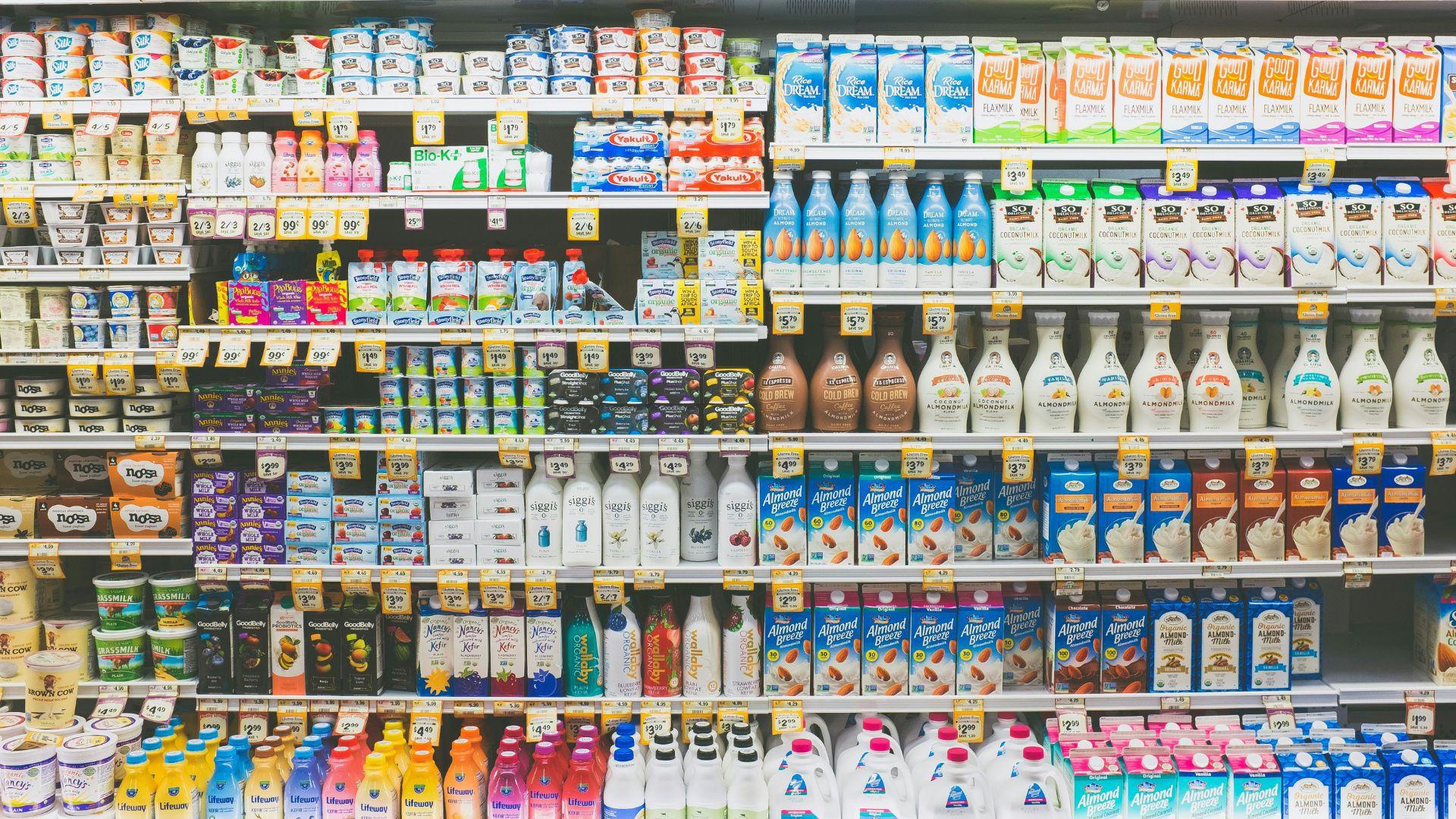
Recently, some items have been recalled because they weren’t labeled correctly, which could pose a threat to those with food allergies. KALO Foods, LLC recently recalled carrot cake single slices after they accidentally mislabeled the items (per Newsweek).
They did not state in their labeling that these cakes contained soy, which is considered a major allergen. As this soy allergen was not listed clearly, the company recalled the product.
Skin Care Products Have Also Been Recalled

Food items aren’t the only things that have become contaminated with high levels of toxins or bacteria. Various acne products were recalled just this week because high traces of benzene, a cancer-causing chemical, were found in them (via Dermatology Times).
This recall has affected major and smaller companies alike. Many popular brands, such as Proactive, have recalled products because of this issue.
Serious Recalls
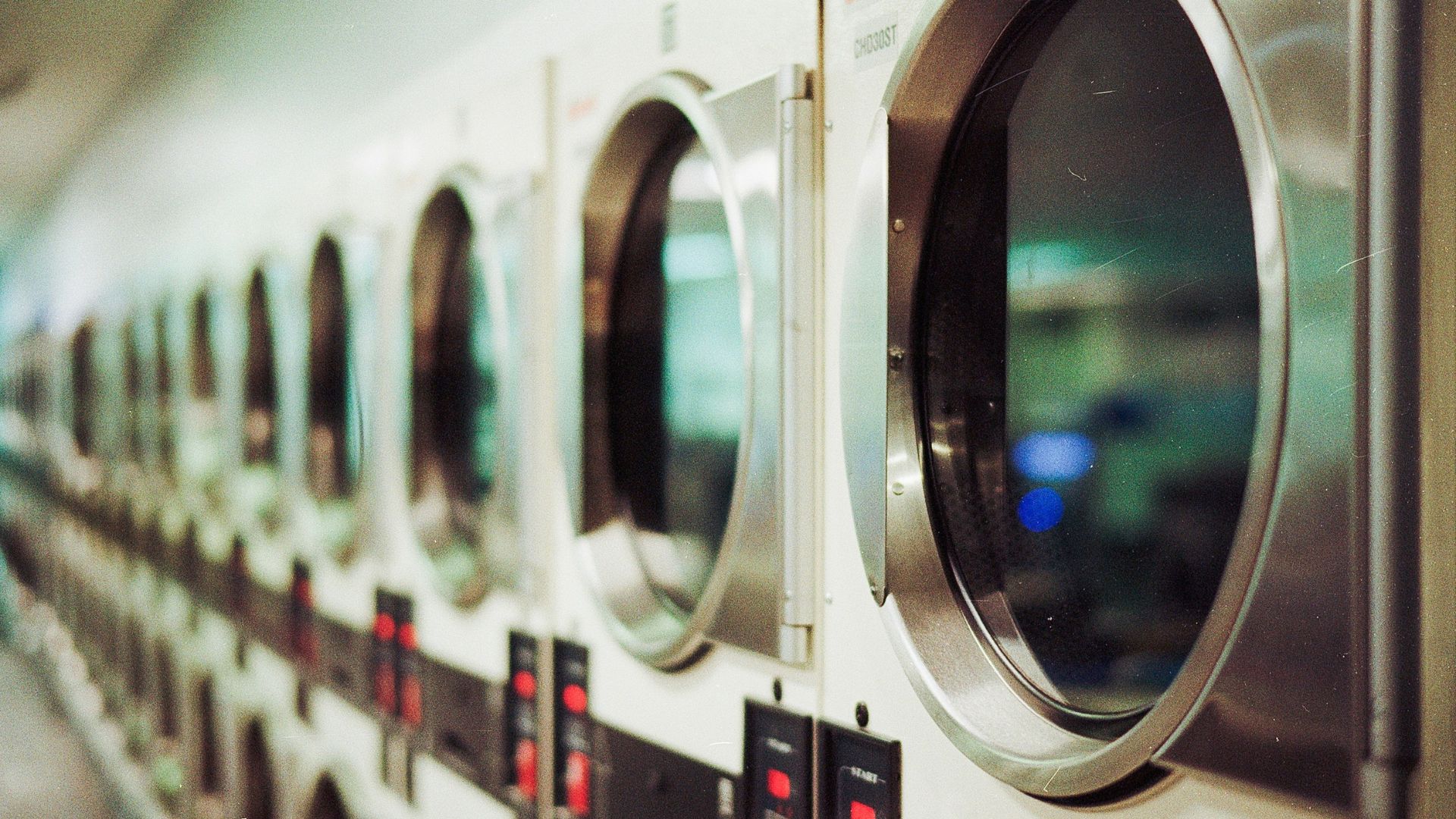
Unfortunately, some rather serious recalls have also occurred. Procter & Gamble announced a recall of more than eight million laundry detergent packets.
This recall includes laundry detergent packets from brands such as Gain, Tide, Ace, and Ariel. So far, it appears that this recall only majorly affects detergent pods, such as Gain Flings and Tide Pods.
Detergent Packets Recalled
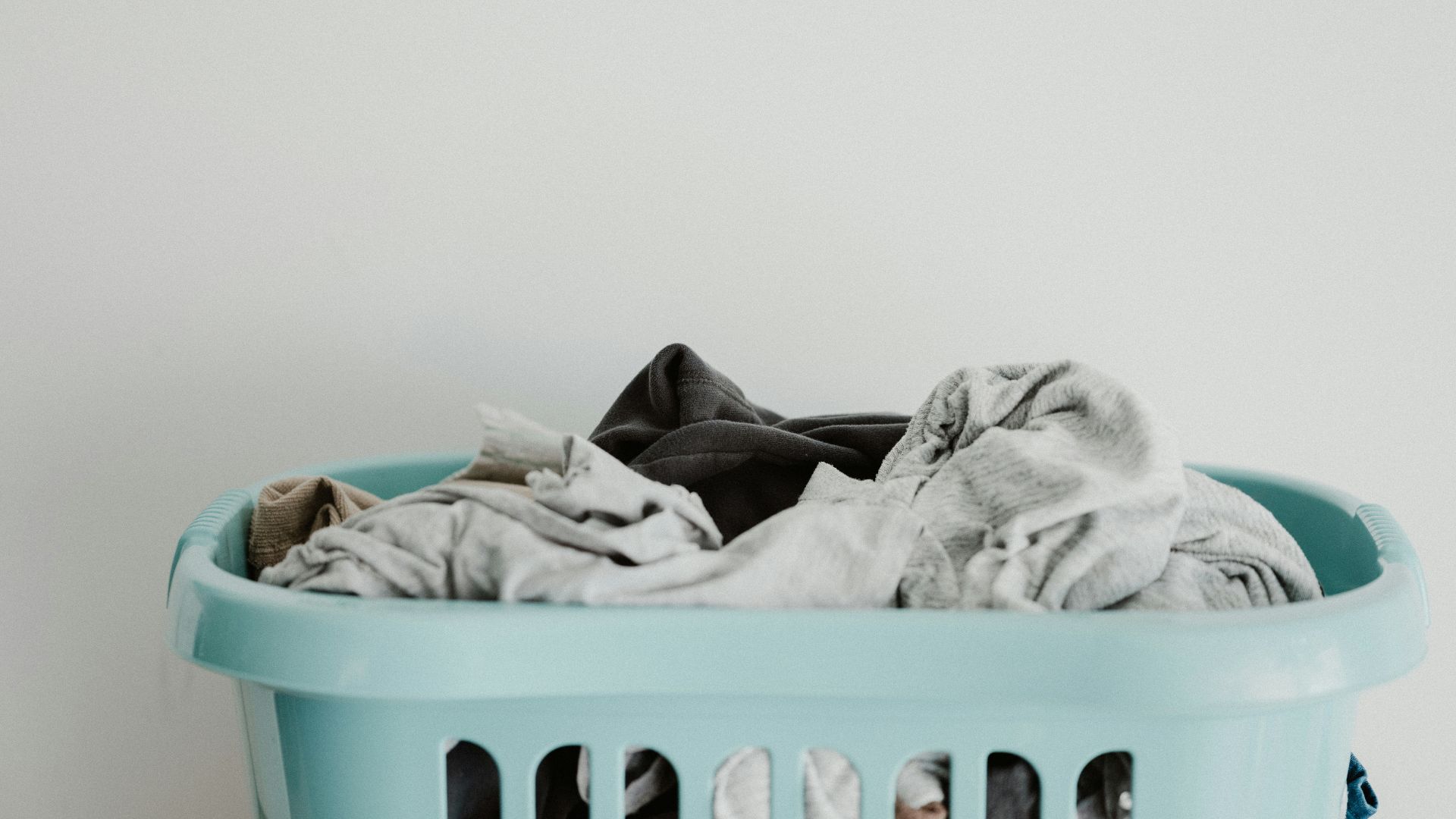
Only detergent pods sold in the United States are impacted by this massive recall. According to the notice, it appears that the packaging of these pods is messed up.
Because it is not sealed correctly, this can then lead to the contents spilling out. This can quickly become a danger to people, especially children and animals, if it is ingested. Thus, the recall is being considered very serious.
Why Are Products Recalled?

Products can be recalled for a variety of reasons. They can also be voluntarily recalled, which is done by the company that makes or produces the item, or involuntarily recalled, which is when it is done by the government.
Often, these recalls occur because some sort of safety concern is discovered — but after the items are already on the store shelves.
The Discovery of a Problem
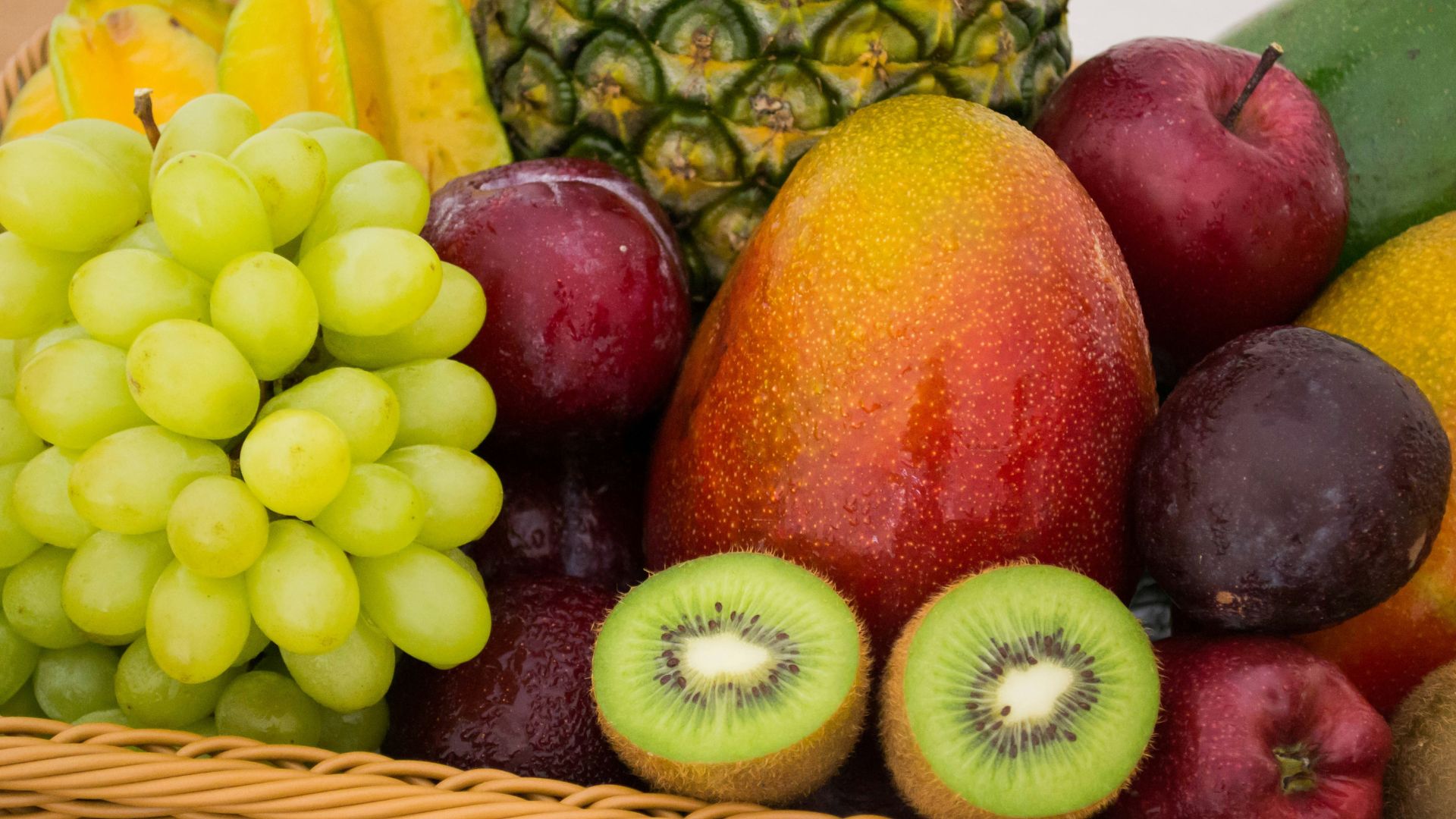
These recalls happen when manufacturers or regulators find a safety concern attached to a product. Sometimes, this can occur when a consumer finds this issue themselves.
These concerns can be everything from contamination of bacteria to safety hazards. If a product wasn’t made correctly, it can also be recalled.
Items That Are Normally Recalled

As you may have seen just from a quick Google search, items are recalled all the time. However, there are some products that are recalled more regularly than others.
Food items are commonly recalled. Unfortunately, this is often because some sort of contamination occurred — and the manufacturers didn’t discover it until after it hit the store shelves. However, food can be recalled because of scenarios like undeclared ingredients as well.
Car Recalls

Cars, or certain parts of cars, are also commonly recalled. These types of recalls generally have to do with manufacturing errors, or if a car part isn’t working as it’s supposed to. Once these errors are discovered, a recall notice goes out.
Those who have cars that have parts that are recalled often just need to take their vehicle to their local dealership to get it taken care of.
Medications
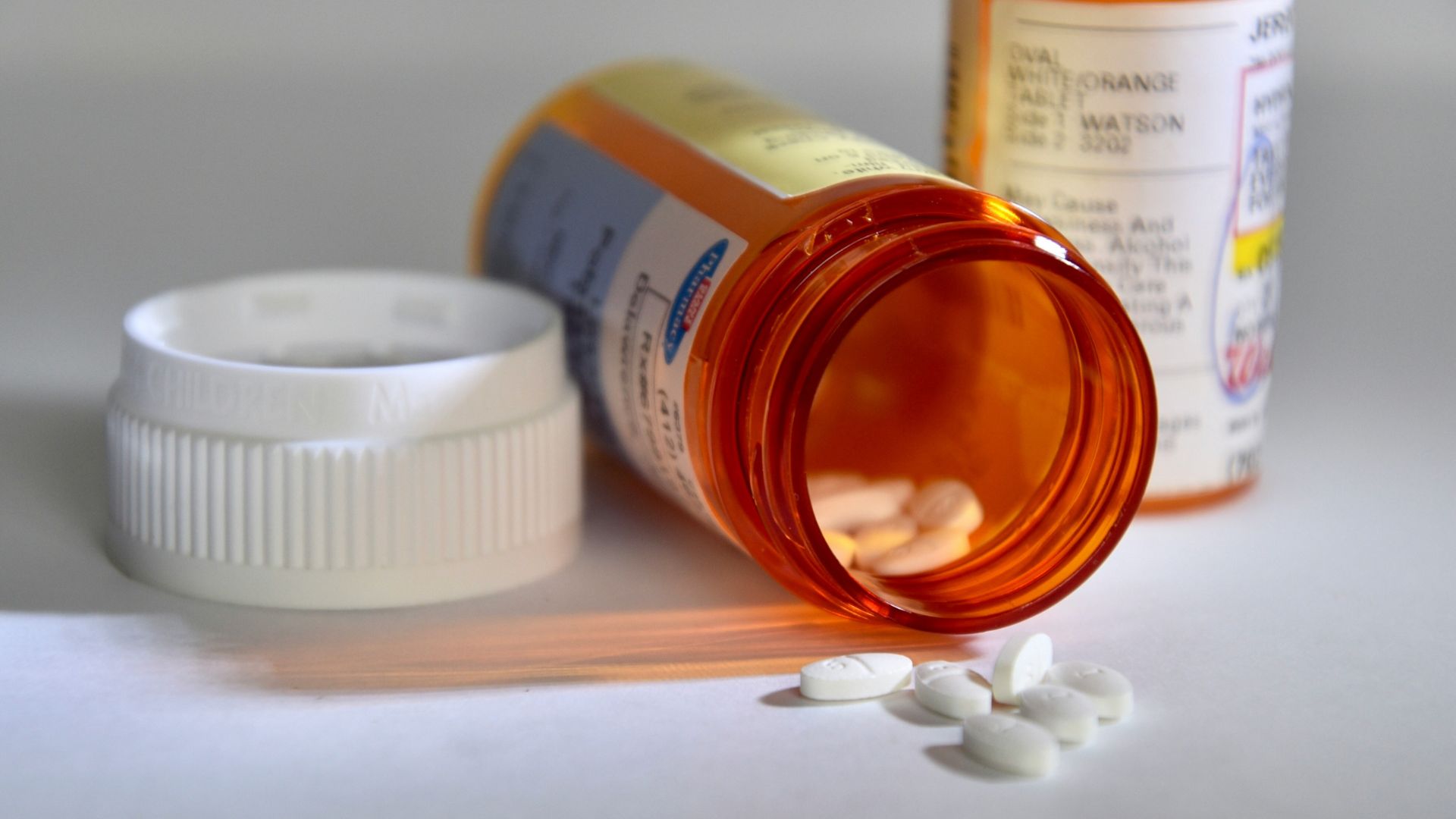
Unfortunately, many medications have notoriously been known to be recalled, for a variety of reasons. Above all, these recalls happen when the safety of the consumer is at hand.
These recalls also usually have to do with manufacturer errors. These errors could result in unintended side effects and risks to those using the medications.
Items Made for Kids
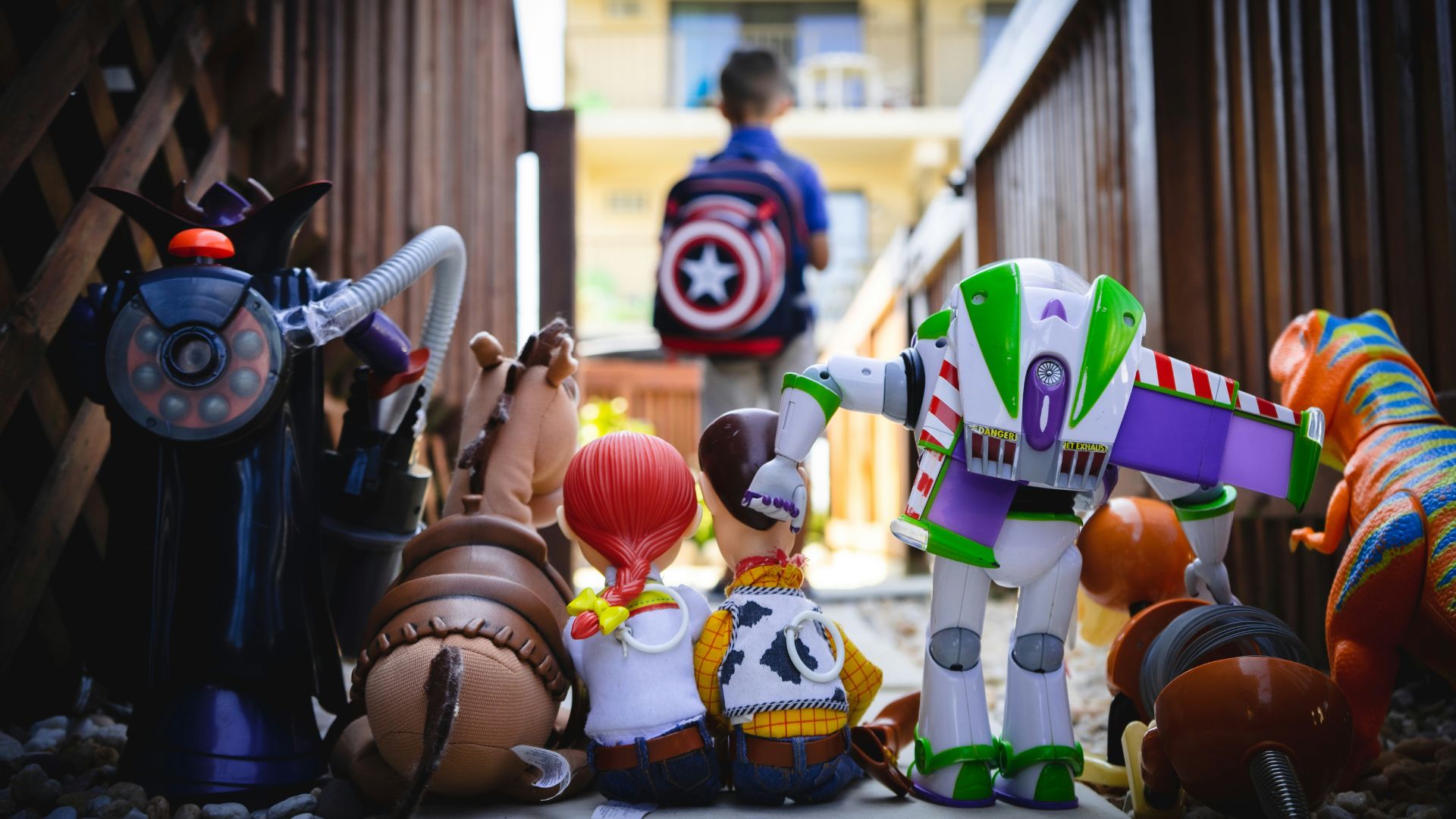
Items specifically made for babies or young children also tend to be recalled, simply because there are many potential hazards that can befall a young kid.
Therefore, you may often see things like a toddler’s toy being recalled because it can become a choking hazard. These products are almost always recalled because of some sort of security risk.








































